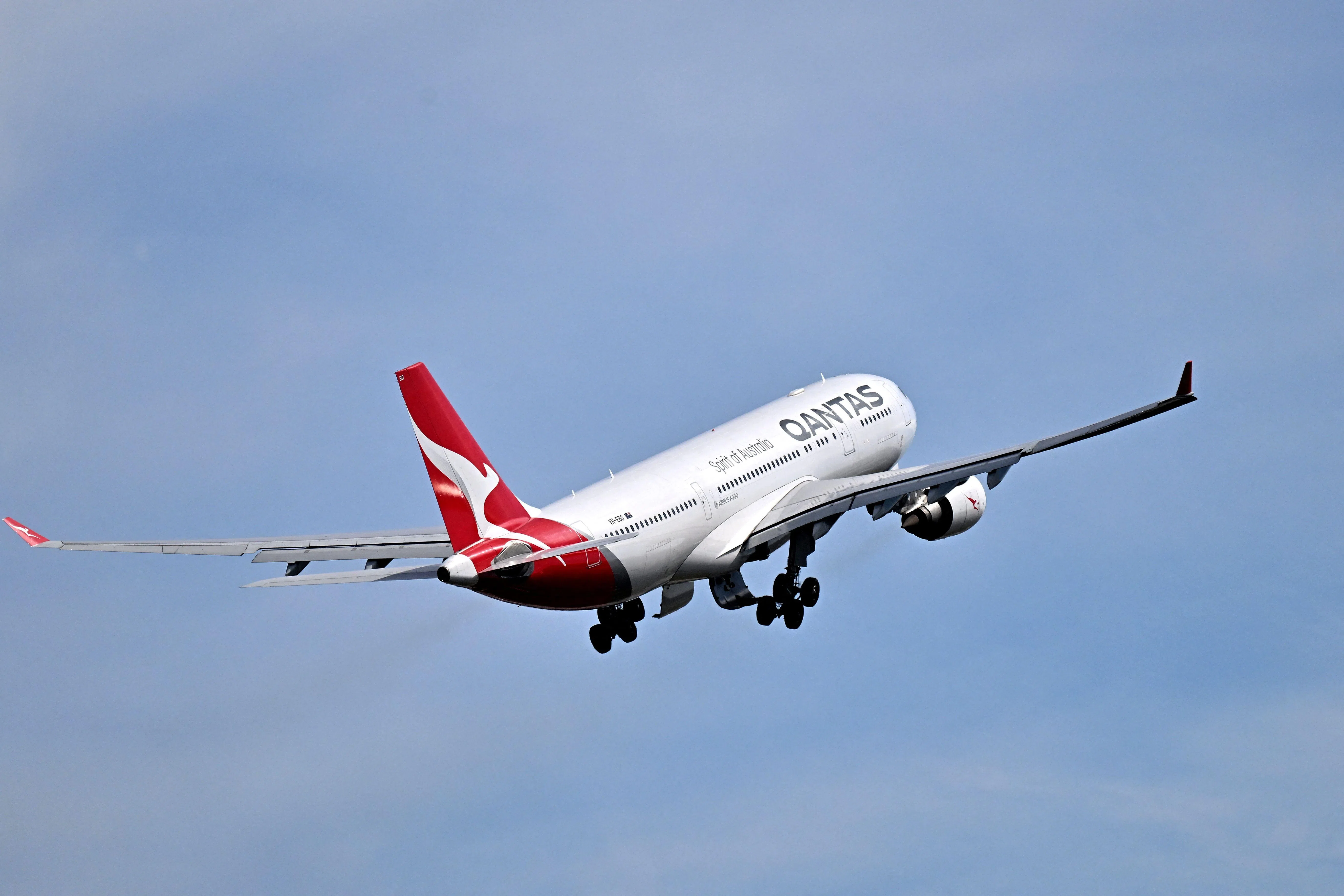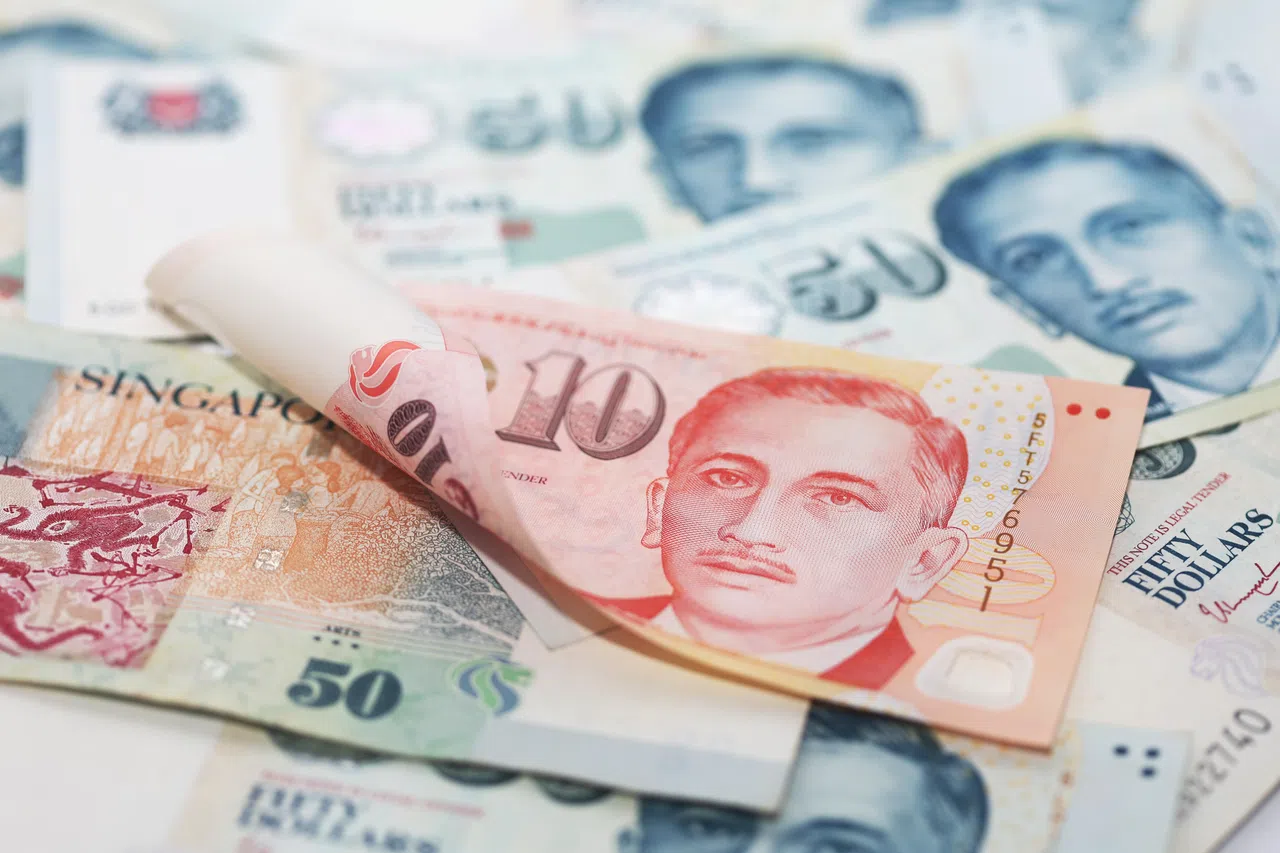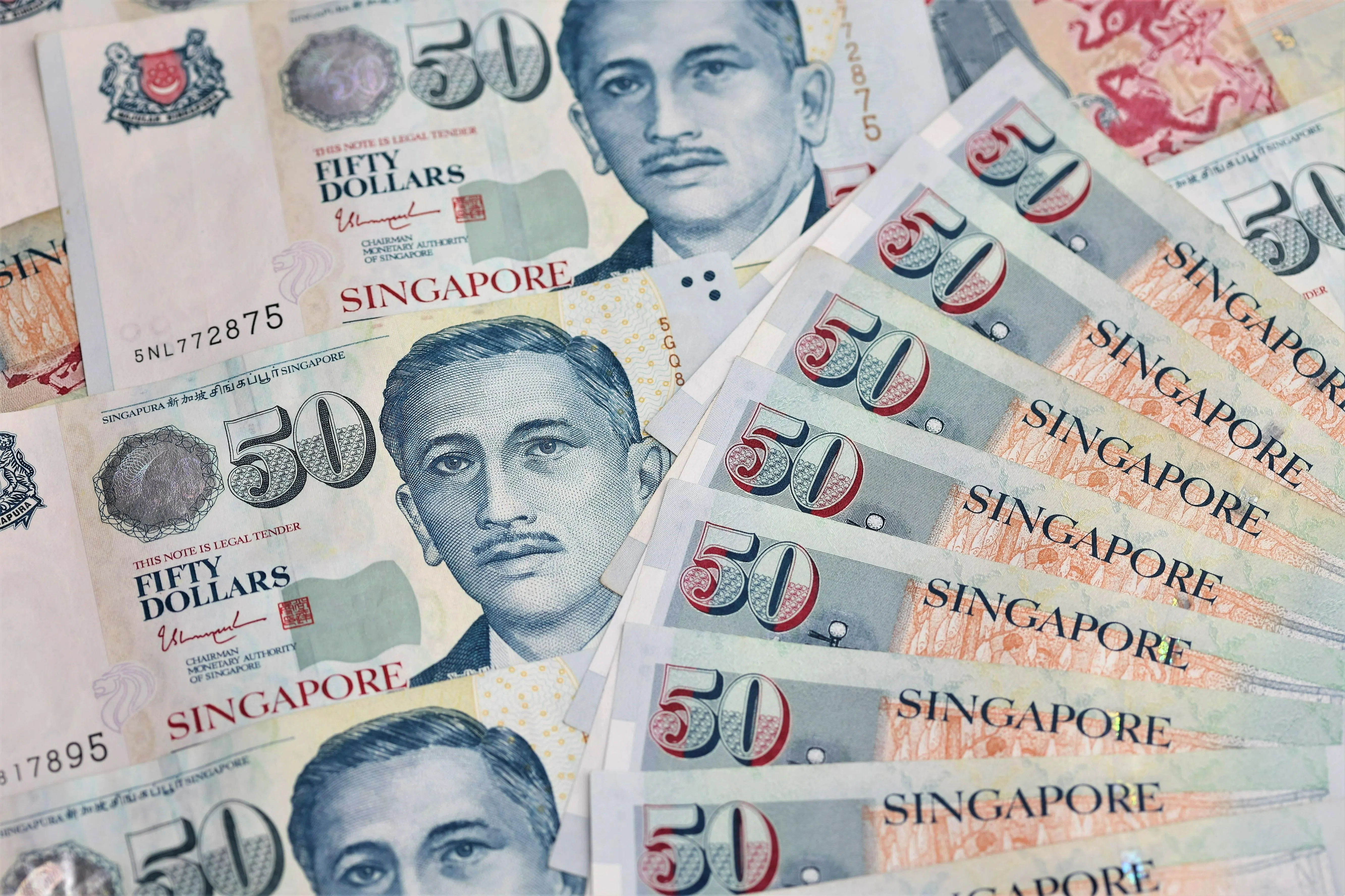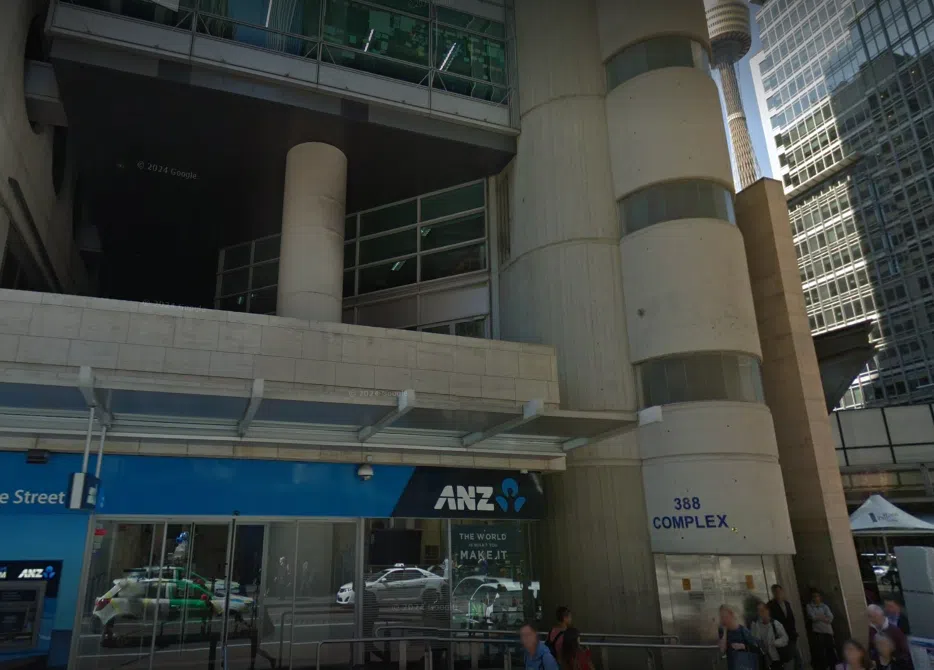QANTAS Airways’s ghost-flight scandal misled almost one million customers booked on tens of thousands of non-existent services, according to court documents that reveal the scale of the misconduct and the airline’s awareness of the problem.
Qantas settled the lawsuit last year, agreeing to pay A$120 million (S$106 million) in fines and compensation for selling tickets on flights it had already decided to cancel. The Australian carrier also admitted to misleading ticketholders by not telling them they were actually booked on phantom services.
The bombshell allegations led to the premature departure of chief executive officer Alan Joyce last year, but it was not clear at the time how much Qantas knew about its own ticketing deficiencies. The case was brought by the Australian Competition & Consumer Commission, which had sought a record penalty of more than A$250 million.
Thursday’s (Sep 26) statement of agreed facts and admissions, posted on the Federal Court of Australia’s website, said “senior managers” at Qantas collectively knew of all the impacts on passengers, but no single person was privy to the whole picture.
“Qantas was aware of the way in which its system operated,” the filing said. “Consumers suffered harm as a result of Qantas’s contravening conduct.”
The managers concerned were not identified and Qantas did not reply to an e-mail asking whether current CEO Vanessa Hudson was among them. Hudson was previously the carrier’s group chief financial officer. She was appointed CEO in September 2023.
Qantas could have manually removed a cancelled flight from sale immediately, but never did, according to the filing. The airline’s systems have since been updated.
Qantas carried on selling tickets on 71,000 flights due to take off between May 2022 and May 2024 after deciding to scrap them, the filing showed. About 87,000 people bought tickets on the fake departures or were rebooked onto them. As many as 884,000 customers were not informed promptly that they were due to travel on bogus flights.
Qantas carried on selling tickets on cancelled flights for an average of 11 days. The airline typically took the same amount of time to tell passengers their flights had been axed, the court document showed. BLOOMBERG







